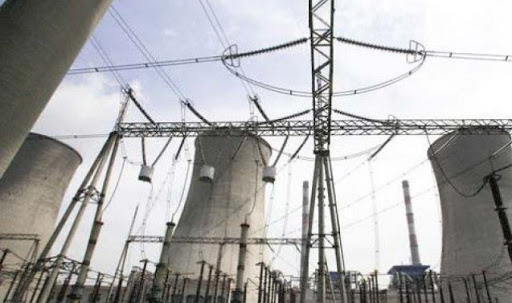The Supreme Court has been asked to direct the federal government to take urgent measures to tackle the electricity crisis and implement the recommendations of the 2020 Report.
The petition, filed under Article 184(3) of the Constitution, was submitted by the Federation of Pakistan Chamber of Commerce and Industry (FPCCI) through Vice President Zaki Aijaz and Asif Inam, Chairman/CEO of Diamond International Corporation Limited.
The petition follows a similar request made by the Lahore High Court Bar Association, which urged the Supreme Court to halt payments to Independent Power Producers (IPPs) that cannot be justified under the Constitution and related agreements.
The respondents include the Secretary Ministry of Energy, Power Division, the Chairman of Nepra, and the Independent Power Producers Association.
As per media reports, the petition emphasized the need to implement the 2020 Report, which identified over Rs100 billion in excess payments to IPPs and recommended steps such as conducting a forensic audit and recovering excess payments. To date, these recommendations have not been fully implemented.
The Government of Pakistan is projected to make capacity payments totaling nearly Rs2.1 trillion this financial year, while the energy sector’s circular debt has reached Rs5.422 trillion.
The FPCCI and Asif Inam’s petition highlighted that electricity purchases without competitive bidding violate the Constitution. They questioned whether electricity is part of the right to life guaranteed under Article 9 of the Constitution and if it should be provided on a least-cost basis.
The petitioners also pointed out that for the past 30 years, policy experiments in Pakistan’s electricity sector have benefited domestic and international elites at the expense of citizens. They cited the 1994 Policy, influenced by the World Bank, as a major contributor to the current issues, which persist in the 2015 Policy.
The petitioners requested the Court to declare that the government is responsible for ensuring the supply of electricity at the lowest cost. They also sought a declaration that past and current electricity policies are null and void due to the lack of competitive bidding and irrational basis. Furthermore, they called for a forensic audit of all IPPs and the implementation of the 2020 Report, including recovering excess profits and renegotiating IPP agreements.
























